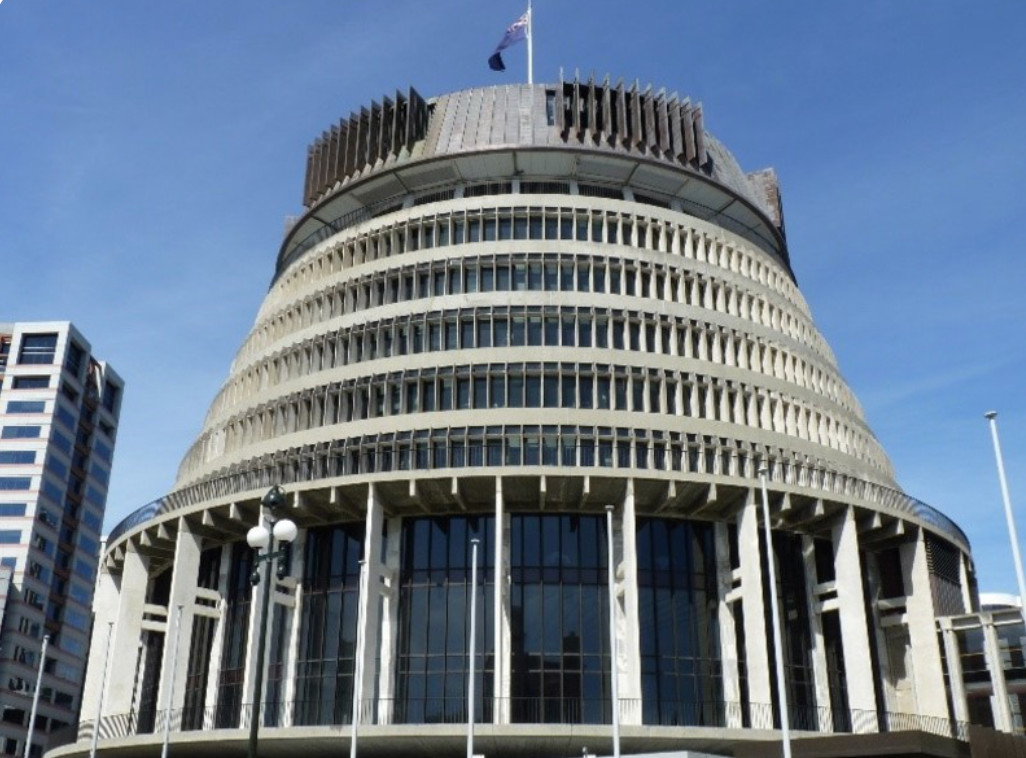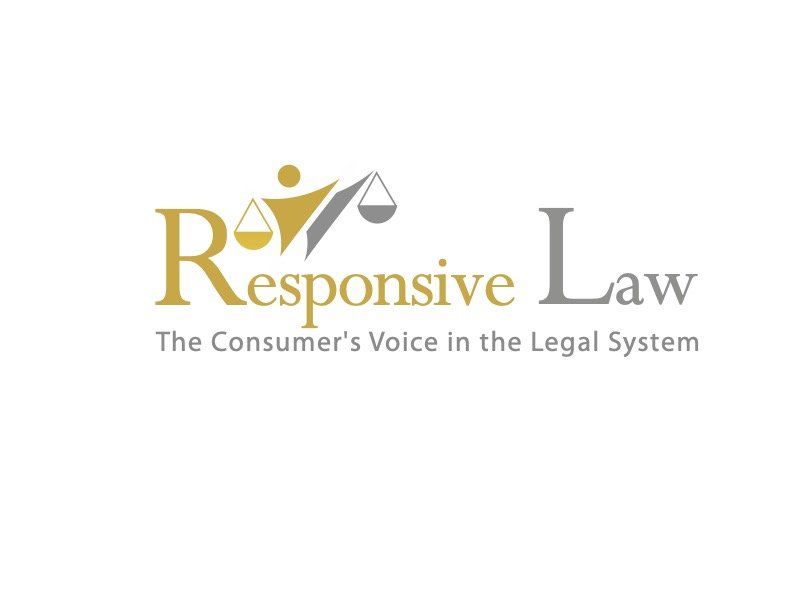Clamping down on McKenzie friends would be disastrous for the poor
Regulating unqualified legal aides would hinder vital services such as Citizens Advice and legal centres
The case of Paul Wright has prompted lawyers to call for McKenzie friends to be regulated, perhaps with a ban on charging. The calls are well intentioned, predictable and wrong.
None of us want consumers to get a raw deal, whether that is overcharging, bad advice or poor client service. It can be tackled before the event by removing the worst offenders and after the event with effective redress.
Regulation would indeed be needed for the former, perhaps registration and compulsory insurance, but they cost money which in turn pushes prices up. The worst consumer protection of all is no access to legal services.
Individuals who do not qualify for legal aid and small business get a poor deal from the law. This gap is often filled by non-governmental organisations and businesses beyond the regulated legal market.
We have Citizens Advice, law centres and independent advice agencies as well as business advising small enterprises. Were we to regulate these services we would push up costs and reduce access. There is no significant or consistent evidence that these services are poor quality or any worse than regulated law firms.What problem would we really be solving? It would be regulation of thousands of organisations and business simply to address a rare problem. Let’s remember that in the case that led to this debate, the client has got redress using existing consumer protection laws, though we may improve them with more money for enforcement and access to the Legal Ombudsman in these cases.
It might be argued that these organisations are different from McKenzie friends, who are in the courtroom where usually only regulated lawyers can advocate. So perhaps we could just regulate the element in court.
However, Citizens Advice, law centres, employment advisors and others are all appearing in the courts and tribunals. Restricting those services, pushing them out of the market, would be disastrous for clients.
It would also be easy to circumvent any fee ban, such as by charging more for preparatory work and doing the court work for free. Worse than that, it may encourage under-settlement. Defined lines in regulation between advice, litigation and advocacy miss the ambiguity of the real world.
It is predictable to hear these calls from lawyers for regulation of their competitors because we have heard it so many times before. Lawyers resisted the formation of Citizens Advice at the start of the Second World War, resisted the creation of law centres in the 1970s and were forced into retreat only by the intervention of the lord chancellor. And they have resisted much of the reform ushered in by the Legal Services Act.
Rather than asking how to stop these services, lawyers should be considering how they can innovate to provide services that are better, relevant, accessible and affordable to individuals and small businesses that are choosing to go elsewhere.
This post first appeared in The Times Brief
https://www.thetimes.co.uk/article/clamping-down-on-mckenzie-friends-would-be-disastrous-for-the-poo...











